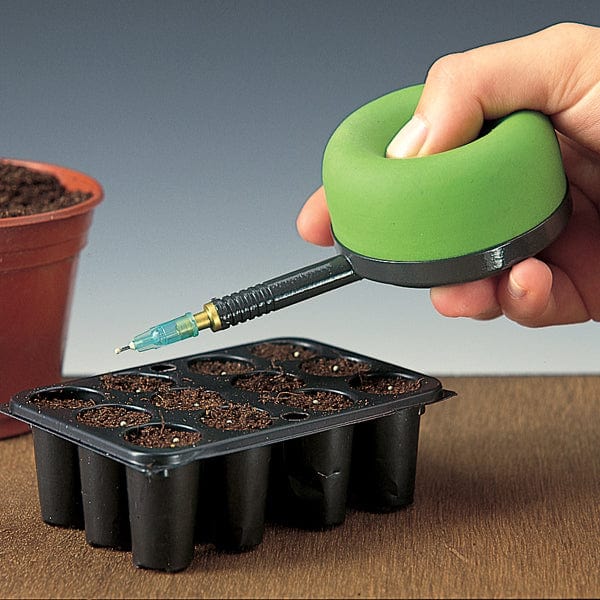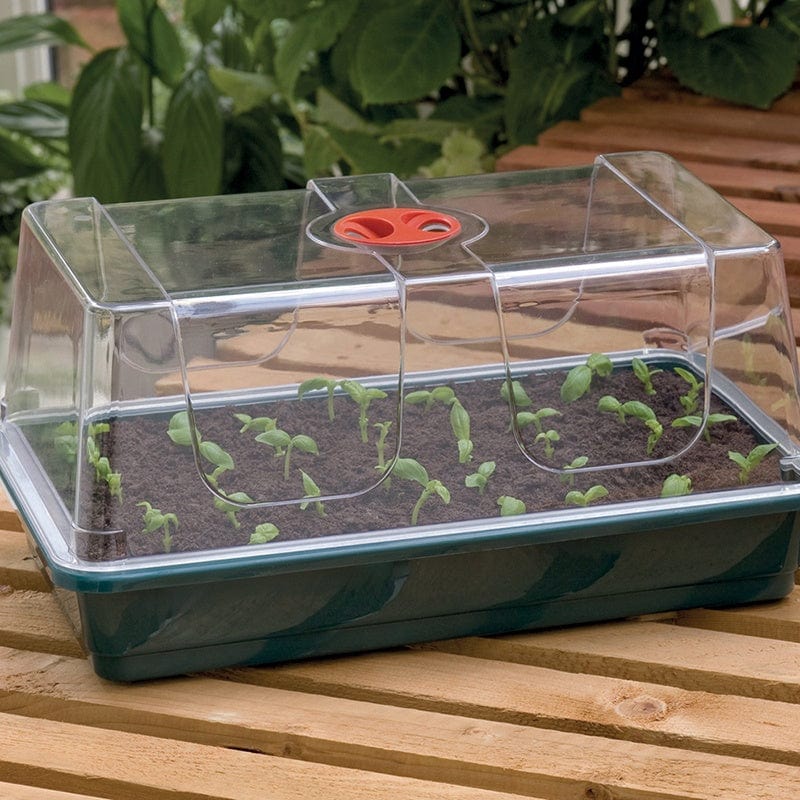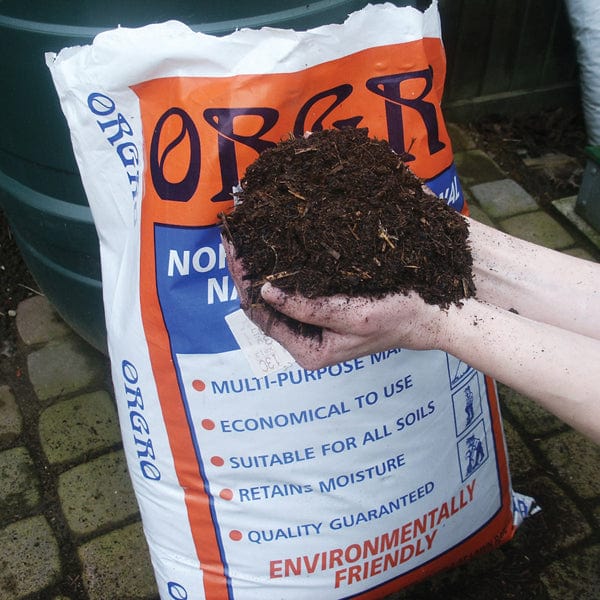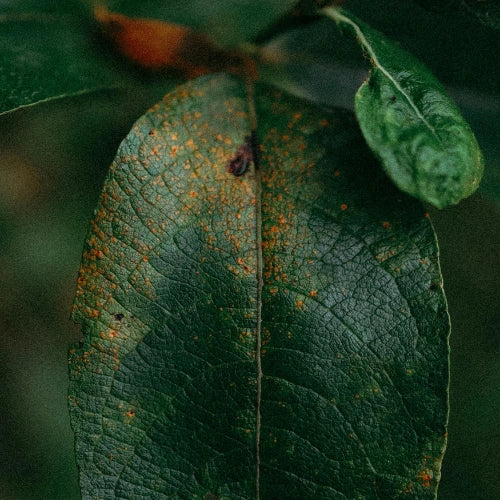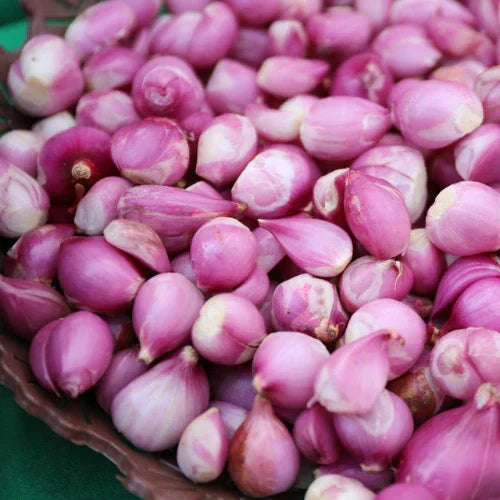Rust is amongst the most common fungal diseases, and attacks many common garden plants. This disease appears in the form of rusty spots and can affect a plant’s vigour. To find out more about rust on plants, take a look at our comprehensive guide below to find out about what rust disease is and how to best prevent and treat the disease within your growing space.
What Is rust disease?
Rust disease is a range of fungal diseases that affect the aerial parts of plants, such as the leaves and the stems. It is commonly observed by the rust-like appearance from which it gets its name, appearing in the form of ‘rusty’ spots.
It commonly affects vegetable and fruit crops, but can also affect ornamental flowers, such as rust on roses. Vegetable plants and fruit plants at risk of rust disease include asparagus, sweet potatoes, beans, peas, corn, aubergine, onions, and berry crops - such as raspberries.
Early stages of rust disease cause rust-coloured spores to grow on a plant's foliage, stems or, in some cases, the fruit itself. Whilst rust-coloured spores are most common, these spores may change colour throughout the seasons and vary from orange, yellow, brown, black, or white in colour - depending on the time of year and climate.
Although rarely fatal, it can spread throughout the foliage if left untreated and drain nutrients from plants, leading to withered leaves, poor yields and flavour of your fruit and vegetables, as well as the quality of your flower blooms. In more serious cases, however, it can be fatal to your plants. The good news is, though, that each variant of rust is specific to a single plant or group of plants and will not spread between plants that are not related.
Rust on plants, like many other fungal diseases, thrives in mild, moist conditions. We recommend having a good check over plants in late spring and summer. Rust favours prolonged leaf wetness and is commonly triggered by wet spells of mild weather in the spring and summer months.
How to Treat Rust Disease on Plants
There are several things gardeners can do to prevent infection and stop the spores from spreading. If you’re concerned about rust on plants or rust on roses, you should:
- Try to plant resistant cultivars and varieties that will naturally resist rust disease. Customer favourites in our range of disease-resistant vegetable seeds include Leek Stocky F1 and Sweetcorn Bodacious F1. Antirrhinum Rust Resistant Mixed seeds are another excellent choice.
- Avoid watering plants from overhead to prevent extended periods of moisture on plant foliage. Drip-feed water irrigation systems are a great way to avoid excess moisture on plants.
- When planning your growing space, ensure plants have appropriate spacing to allow sufficient airflow throughout your crops. Avoid overcrowding and stake any upright crops to allow for maximum air circulation between crops.
- Spores can be spread on tools, wheelbarrows and footwear. As with all diseases, ensure you thoroughly clean garden tools and wash your hands after handling infected plants.
- Remove any infected leaves as soon as spores appear. Dispose of leaves away from the growing space- spores can spread through the air with wind.
- Keep the garden clean of dead plants and debris. Rust spores can overwinter on dead plant foliage and trigger an infection.
- Practise good crop rotation. You should rotate susceptible crops away from infected parts of your growing space for two years or more.
Contact Us
We hope our tips have helped you to get further insight into what rust disease is and how to prevent rust on plants from affecting your growing space. We have plenty more tips and tricks to help keep your garden in top shape in our gardening blog, so take a look to find out more.If you’d like to ask us about our range of gardening supplies, such as our vegetable garden seeds and plants, feel free to get in touch with any questions. A member of our team will be more than happy to help.














